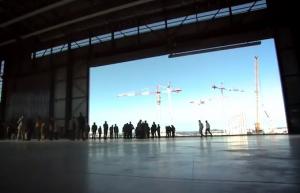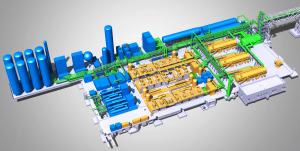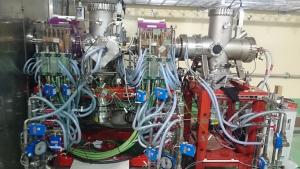What’s New
1 December 2014
ITER news digest for the period of 24 November 2014 to 1 December 2014.
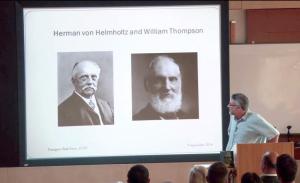
Daniel Clery on "A Piece of the Sun"
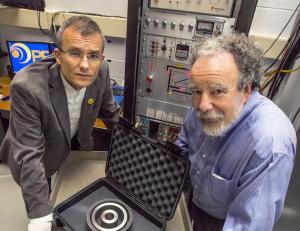
Rob Goldston among Foreign Policy magazine's 100 top global thinkers
ITER Cryostat Inauguration
